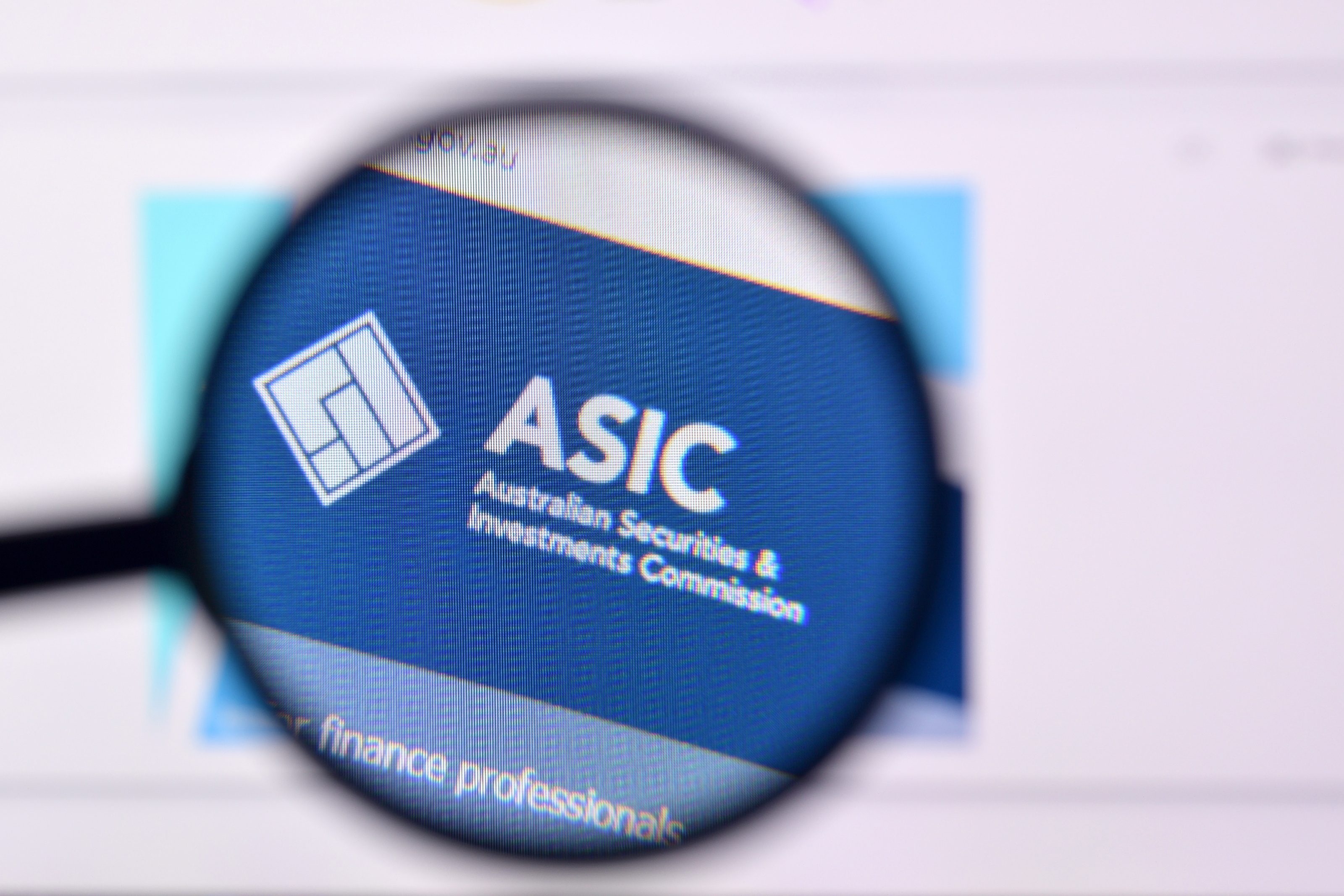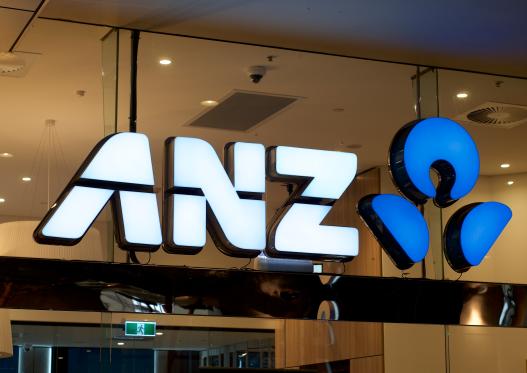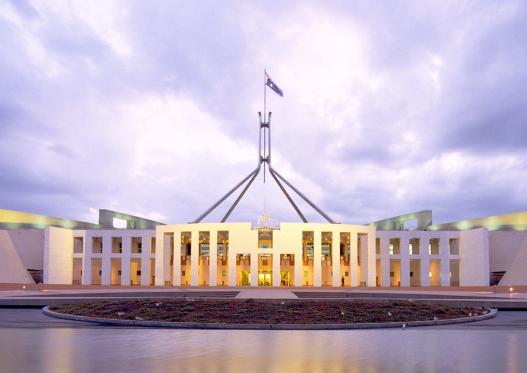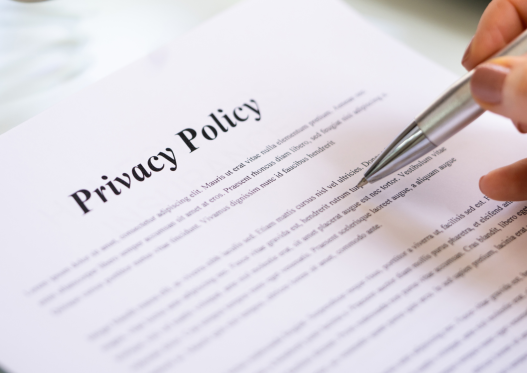The report, Equity market cleanliness snapshot (REP 786) found in the five-year period up to 30 April 2024, there were two periods of temporary deterioration in market cleanliness. The first during the COVID-19 pandemic when global markets experienced high market volatility and trading, and again in late 2023 as corporate activity increased. In both instances ASIC acted quickly to address the harmful conduct.
ASIC Chair Joe Longo said clean financial markets are essential for the financial wellbeing of Australians and fundamental to an efficient economy.
“They enable business to raise capital and manage risk and give investors confidence to invest,” Mr Longo said.
“Protecting and enhancing the integrity of Australia’s equity markets continues to be a priority focus for ASIC.”
In a clean market, there should not be share price run-ups before material information is released. Trading ahead of public release may indicate some parties are profiting unfairly by using information that is not generally available to the market.
ASIC’s regulatory interventions to address the deteriorations included targeting pump and dump activity, intervening on chat rooms, reviewing ‘finfluencer’ activity and undertaking targeted reviews where we observed leaks ahead of market announcements.
Equity market conditions
Australia’s listed equity markets continue to operate with a high level of integrity, with the percentage of anomalous trading over the review period remaining low, according to the report. On average, ASIC identified 0.56% anomalous accounts and 4.75% anomalous volume that traded ahead of MPSAs. This indicates that, on average, when anomalous accounts traded they traded in higher volumes than other accounts on these announcements.
M&A announcements were less clean than non-M&A announcements and positive announcements were less clean than negative announcements, according to the report. Anomalous trading by both accounts and volume marginally improved in the period. However, there were two periods where market cleanliness deteriorated. These were temporary and driven by the market environment at the time
Anomalous trading by both accounts and volume marginally improved in the period. However, there were two periods where market cleanliness deteriorated. These were temporary and driven by the market environment at the time.
“In 2023, the deterioration in market cleanliness may have been a function of increased corporate transaction activity and an increase in media reports ahead of some MPSAs,” ASIC said.
“In response, we took a range of actions to support market integrity. In both periods the deterioration in market cleanliness was temporary, and ASIC continues to act to promote the downward trend.”
Tackling insider trading and information misuse
In the 2024 financial year, ASIC almost doubled the number of new insider trading investigations commenced over the previous financial year.
The report highlighted that prosecuting insider trading will be a key priority for ASIC.
“It affects the value of investments in shares and in superannuation and distorts market prices. Insider trading undermines investors’ confidence in the market and can reduce their participation,” ASIC highlighted.
“If this occurs, it can make it more difficult and more expensive for companies to raise capital, which is a key contributor to job growth in the real economy. Academic studies have found that effective insider trading enforcement is associated with lower cost of capital, and media coverage on insider trading matters has a deterrent effect on this activity. In addition, strict insider trading laws and enforcement reduce stock market transaction costs.”
Towards the end of 2023, the regulator also observed a deterioration in market cleanliness. This coincided with an increase in media reports ahead of announcements of takeovers, mergers and capital transactions, indicating potential leaks of inside information.
The regulator noted that there is a key role for industry participants— listed companies, investors, bankers, brokers and other advisers—to support market cleanliness. Parties which have access to inside information have a responsibility to maintain confidentiality and should handle the information with appropriate care.
These effective policies and procedures should be overseen by a compliance function for handling inside information and includes implementing effective information barriers, wall-crossing staff who are made aware of inside information, maintaining insider lists and limiting information to a ‘need to know’ basis.
Looking ahead for new regulatory challenges
To enhance enforcement capabilities further, ASIC is establishing a dedicated criminal investigation team to swiftly progress insider trading investigations and increase the number of criminal briefs we refer to the Commonwealth Director of Public Prosecutions.
The regulator noted it is monitoring changes in the structure of capital markets (including the growth in private markets and changes in the type and activity levels of corporate transactions) to consider how we might assess cleanliness in private markets.
“Private markets have reduced financial reporting, disclosure and corporate governance requirements. This reduction in transparency can affect accountability,” ASIC said.
“As private markets increase their activities there are more touch points with public markets, increasing the risk of insider trading. There are also challenges with liquidity and the quality and consistency of valuations that are yet to be resolved”
“We will continue to invest in data and technology to hunt and detect all forms of market misconduct. As our financial landscape evolves we will expand our market cleanliness work to capture private markets and products in the coming year.”








